D Dilip
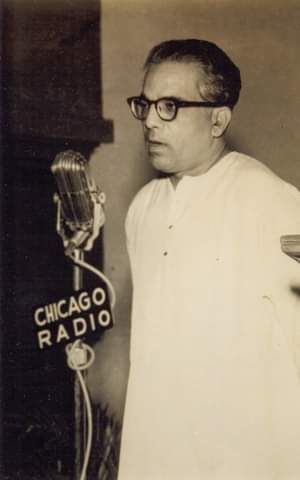
Subscribe to read full article
This section is for paid subscribers only. Our subscription is only $37/- for one full year.
You get unlimited access to all paid section and features on the website with this subscription.
Not ready for a full subscription?
You can access this article for $2 , and have it saved to your account for one year.
- Real Name: Dilip Dholakia
- Born: 15 October, 1921 (Junagadh, Saurashtra, Gujarat)
- Died: 2 January, 2011 (Bombay)
- Primary Cinema: Hindi
- Parents: Bhogilal
- Spouse: Dhrumanben
- Children: Rajat Dholakia , Kandarp
A multi-faceted musical talent, Dilip Dholakia was much more than an assistant to music directors such as Chitragupt, Laxmikant-Pyarelal, as he was primarily known. He was a singer, music director, music arranger and even lyricist and actor, in the course of his career. Exposed to music at a young age, he started his career as a singer, and assisted leading music composers of Hindi and Gujarati cinema in the 60s and 70s. He independently composed the music of eight Hindi as well as 11 Gujarati films. He scored music for the Hindi films Bhaktamahima (1960), Saugandh (1961), Baghdad Ki Raaten (1962), Teen Ustad (1961), Private Secretary (1962), Dagabaaz (1970), Veer Ghatotkach (1970), and Mata Vaishnavi Devi (1971). He also scored music for several Gujarati films such as Satyawan Savitri (1963), Kanku (1969), Mena Gurjari (1975), Daakurani Ganga (1976), Bhagwan Swaminarayan (1982), and Saajan Sonal De (1984). He also acted in the film Holiday in Bombay (1963).
He bagged his first independent assignment as music director for Bhakti Mahima (1960). Some of his well-known songs include the Talat Mahmood and Lata Mangeshkar-rendered Aaja re chaand mere aa ja re from Saugandh (1961); Ja ja re chanda ja re teri chandani bhi mera jiyara jalaye sung by Lata Mangeshkar and Ja re beimaan tujhe jaan liya by Manna Dey in Private Secretary (1962); Zulfowalon se na bhool ke bhi pyar kijiye ji from Baghdad Ki Raatein (1967) by Mohammed Rafi, Shamshad Begum and chorus. He was also credited as D Dilip or Dilip Roy in some films.
Born on 15 October, 1921 in Junagadh, Saurashtra, Gujarat, young Dilip was introduced to music early in life. Aged seven, he would accompany his father Bhogilal and grandfather Manishankar Dholakia to the Swaminarayan temple, singing bhajans and playing musical instruments. Educated at Bahadur Khanji High School and Bahauddin College, he was trained in classical singing by Pandurang Amberkar, who was a disciple of Amanat Ali Khan. Migrating to Bombay after his graduation, he took up work unrelated to music; however, his association with singing endured. He made his debut in recording courtesy Snehal Bhatkar, who worked with HMV studios at the time. Dholakia sang two Gujarati songs - Bhint phadi ne piplo re ugyo and Aadha tel aur aadha pani in his first music record.
Dilip started working as a clerk and accountant for two years in the Department of Home Affairs of Bombay state, before he got a break in playback singing. Assigned by music director Khemchand Prakash’s brother Ratanlal to sing in the Hindi film Kismatwala (1944), he rendered Gori chalo na sina ubharke and Dekho hamse na ankhe ladaya karo. While he sang in the chorus for Thukra rahi hai duniya for Bhanwara (1944), he sang Dukh ki is nagri mein baba koi na puchhe baat for Laaj (1946). In association with Snehal Bhatkar of HMV studio, he sang two records, namely Bhint fadi ne piplo ugyo and Aadha tail aur aadha paani. He also rendered two duets in Sati Son (1948). He went on to render Shravani ni vadaladali tu ja ja sandesho lai for the Gujarati film Sati Sone (1948). With music composed by Avinash Vyas, Dholakia sang the duet with the renowned Amirbai Karnataki.
Dholakia received his first major successful break with Divadandi (1950). He sang the solo song in the film - Taari aankh no afini taara bol no bandhani, Taara roop ni poonam no paagal hun eklo. Scored by Ajit Merchant, it went on to become an iconic number. The tune of the song was later used by music director Chitragupta in Naya Sanasar (1959) for the Lata Mangeshkar lullaby Chanda loriyan sunaye hawa jhulna jhulaye mere laal ko. Dholakia sang in the Chitragupta-music composed Bhakta Pundlik (1949), and went on to work with the music director from 1951 to 1972. He also worked as assistant to S. N. Tripathi. Composing music independently for Hindi and Gujarati films, he scored music for Hindi films such as Bhaktimahima (1960), Saugandh (1961), Teen Ustad (1961), Baghdad Ki Raaten (1962), Private Secretary (1962), Dagabaaz (1970), and Veer Ghatotkach (1970). While he composed the music for the Bhojpuri film Daku Rani Ganga (1977), he was the music director of 11 Gujarati films including Satyawan Savitri (1963), Divadandi (1950), Kanku (1969), and Jalam Sang Jadeja (1976). Among the popular Gujarati songs he composed are Milan na deepak sahu bujhai gaya chhe, and Eklaj aavya manva. While his song Taro aankhno afeeni became a hit, other popular songs of his include Mane andhara bolave, Paglu paglama atvanu, Sathiya puravo dvare, Dhanna dhatudi patudi, and Bole milan no mor.
In Gujarati cinema, Dilip Dholakia scored music for 11 films. These included A-grade films such as the regional film Kanku (1969) which won the National Film Award for Best Feature Film in Gujarati, and Mena Gurjari (1975). He next scored music for another mythological, Mata Vaishnavi Devi (1971), which included songs like Man ke kore kagaz pe tasveer kheench lo Ram ki rendered by Manna Dey, with its female version sung by Asha Bhosle.
Assisting Laxmikant–Pyarelal from 1972 to 1988, he also worked with Hridaynath Mangeshkar, recording his compositions such as Meera Bhajan (Part -I), Bhagavad Geeta, Gyaneshwari Geeta, an album of Urdu gazals by Ghalib. Composing for HMV records sung by Lata Mangeshkar, Asha Bhosle, and Kishori Amonkar, he also composed music of Chausanthpadi written by Nishkulanand Swami. He recorded his last composition on 15 February, 1988.
Married to Dhrumanben, he had two sons, Kandarp and Rajat Dholakia, who is also a music composer and singer.
Dilip Dholakia passed away on 2 January, 2011 in Mumbai. There is a road named after him near Mansi Circle, Ahmedabad.






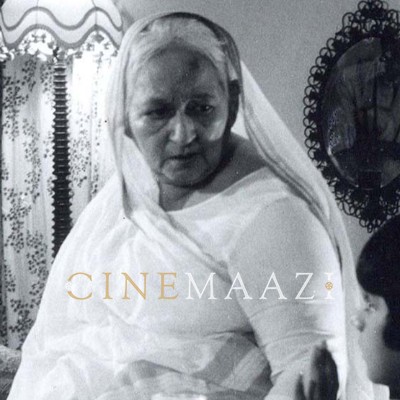
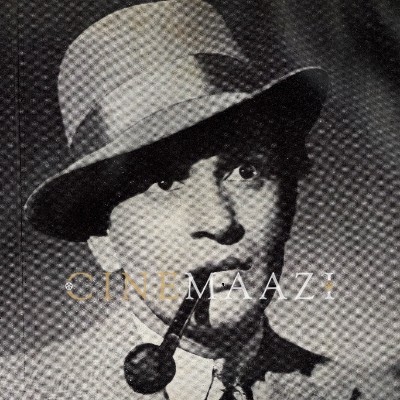
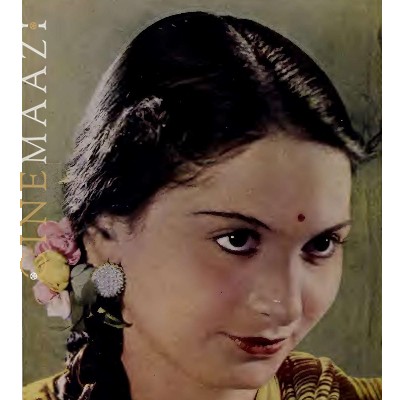
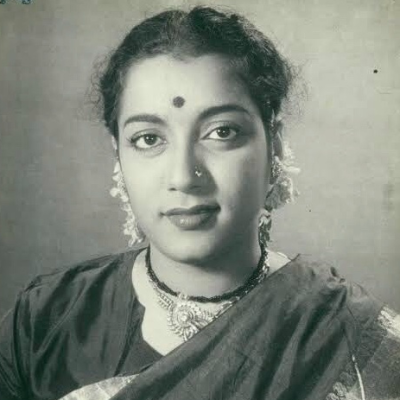

.jpg)



